Spotlight on Jessica Christian
Dec 21, 2016
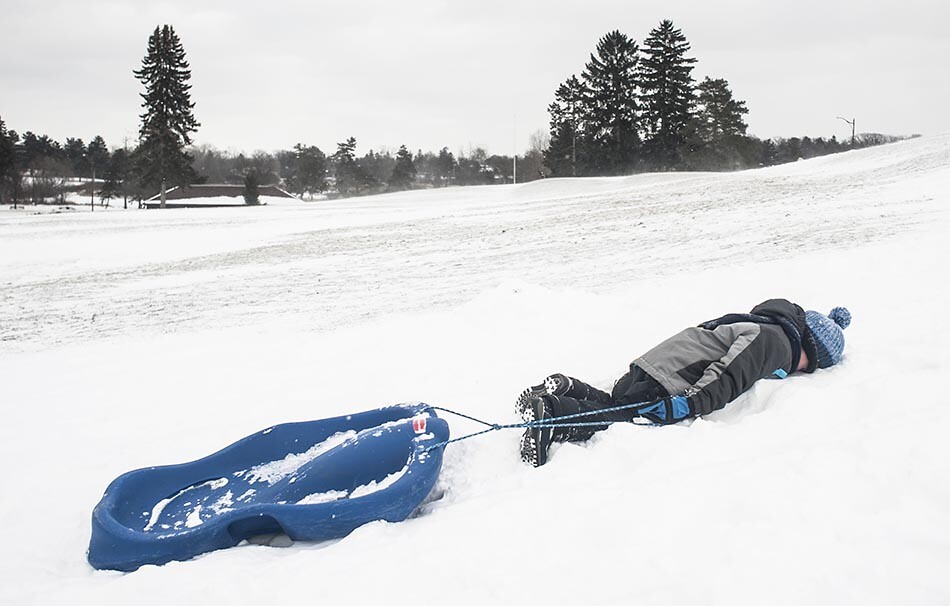
TID:
I loved, love, love this image. Can you tell us some of the backstory of the image?
JESSICA:
It was a slow Tuesday, and I had the day shift as a photo intern at the Jackson Citizen Patriot in Jackson, Michigan. It had snowed significantly overnight and the school’s were closed for the day, so I knew I’d be able to find some kids playing in the snow to make nice weather features. I hung out at Cascade Falls park at the bottom of this big hill and followed some kids going up and down the hill for over an hour, having a blast. A lot of funny and memorable moments came out of this assignment, but this one definitely stuck with me.
TID:
When you first arrived, what were you thinking about in trying to get a good moment?
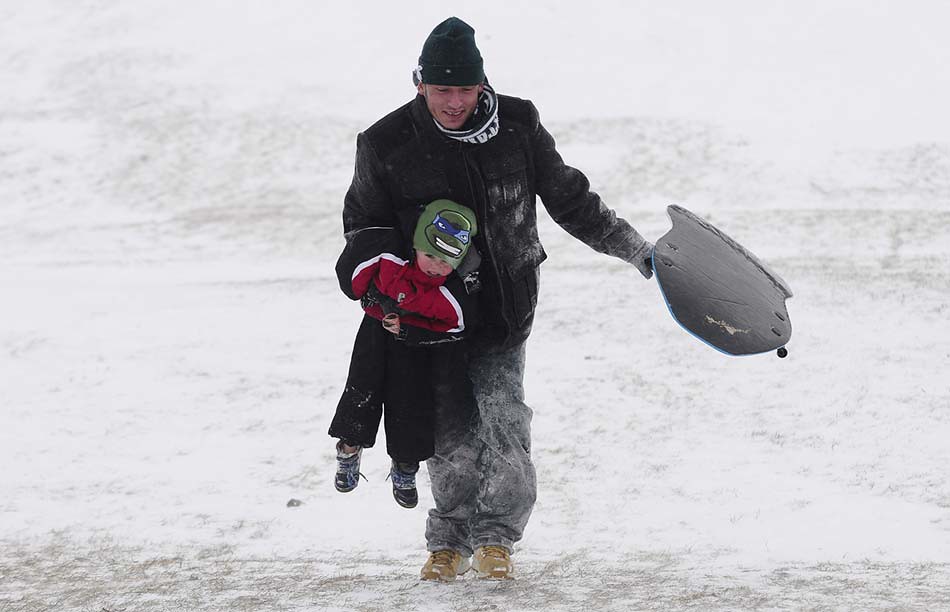
JESSICA:
I’m from California and had only had about one month of experience photographing in the snow at this point, so I was still really excited about all the frames I could make that I hadn’t ever made before. I was still amazed by how much snow can change an image, from lighting and composition to the emotions on people’s faces of being really, REALLY cold. I knew that this particular scene would be full of movement and laughter and just really pure feelings, so I think I was just trying my best to make people feel like they were a kid in Michigan on a day off of school sledding with their friends.
TID:
I’m always interested in how photographers problem solve. What problems have you encountered while working scenes like this, and how did you overcome/work through them?
JESSICA:
Some of the hardest problems I had here was every kid wanted me to take their picture and every kid kept making faces and posing at me as they flew by me on their sleds. I wanted to bore them enough with my presence to a point where they forgot or didn’t care I was there and I could make some real candid frames. I spent some time with my camera away and high-fiving them as they flew down the hill or just chatting with them about their favorite sledding spots. It was also freezing cold and my camera kept getting wet from all the snow flying into my lens every time I got slammed with a wall of powder snow, but that's just an annoying thing that always happens.
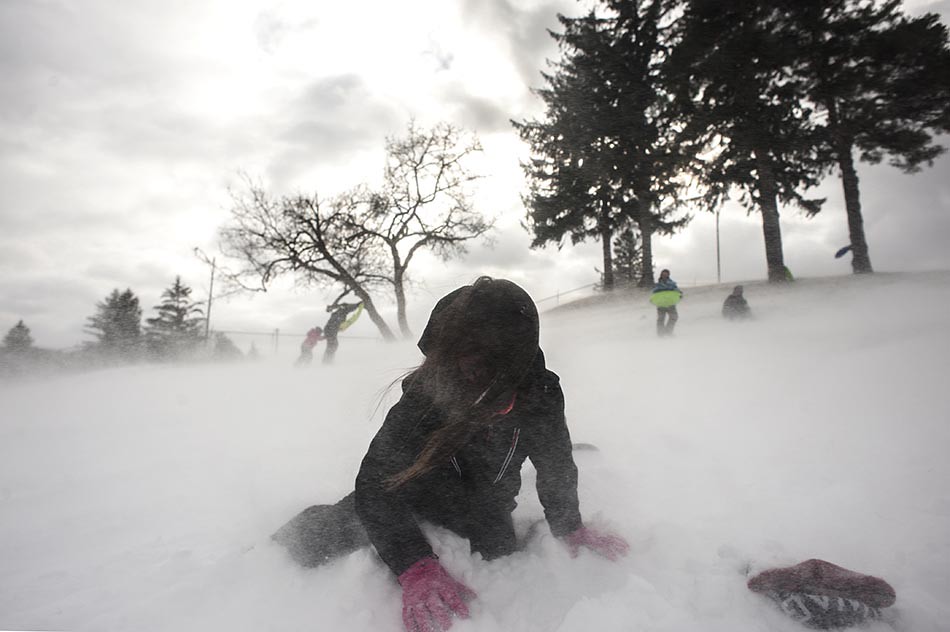
TID:
Another aspect I’m curious about is what have photographers learned about themselves as they embark on this field. What do you feel like you’ve learned about yourself so far?
JESSICA:
I think I have a unique experience being a daily newspaper photographer. For the past four years, I’ve jumped from place to place with probably a total of one week where I wasn’t either interning or working at a newspaper. I’ve loved every second of it. Most people I know tend to avoid daily shooting and focus on long-term projects, but I love the fact I get to wake up every day and not know who I’m going to meet or what story I’m going to tell.
With daily assignments, you pretty much have fifteen minutes to make someone comfortable enough to let you into their lives and capture intimate moments, so in the beginning of my career I was always so nervous that I was going to miss something and that the pressure was super high to get the shot in the time allotted. After doing a bunch of internships and being thrown into literally every situation, good and bad, that I could imagine, I think I’ve learned most to trust my skills and my instincts and to stand back and breathe a bit more to take photos that really tell a story. I’m no longer collecting images, I’m trying my best to make them. I find a sort of freedom in that and now I’m able to approach something mundane or routine like a poorly-lit press conference and make frames that are weird or more artistic without worrying about getting the straightforward news shot.
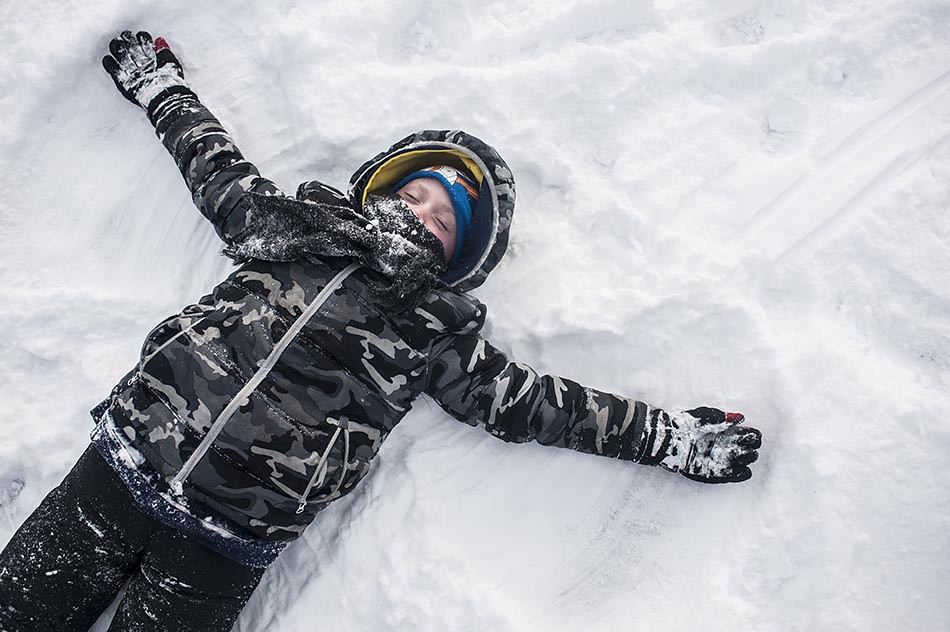
TID:
What have you learned about others?
JESSICA:
I think it’s easy for photojournalists to lose sight of why they chose this career in the first place. Sometimes the assignments or stories you’re telling aren’t the most hard-hitting global issues that change the world, but it doesn’t always have to be like that. As much as we forget, what we do does makes a difference. I’ve learned that the people who we dedicate our time to telling their stories really do appreciate having someone who wants to listen to what they have been through or what they are passionate about. I’ve had people I never expected who seriously changed my life and the way I approach my career, from a 80-year-old blueberry farmer to a small-town rapper who spent 10 years in prison. Sometimes that difference is something as small as seeing a smile grow across someone’s face when they realizes their photo will make the paper, but it’s a difference to them all the same.
TID:
This is a fairly straight forward picture in that it’s a feature moment. Nonetheless, it’s quite strong. Can you walk us through the moments leading up to it, and what you were thinking while making the image?
JESSICA:
I was hanging out for a while and catching kids coming down the hill and wiping out on their sleds then I’d walk up with them halfway as they ascended back to the top. I was following this 5-year-old kid Daniel for a while because he was one of the few who didn’t stare me down as I photographed and he had had a full day of sledding and was pretty over it. I started shooting parallel to him as he walked back up and then slowly, I saw his knees give up as he let out a big sigh and just face planted into the snow out of pure exhaustion.
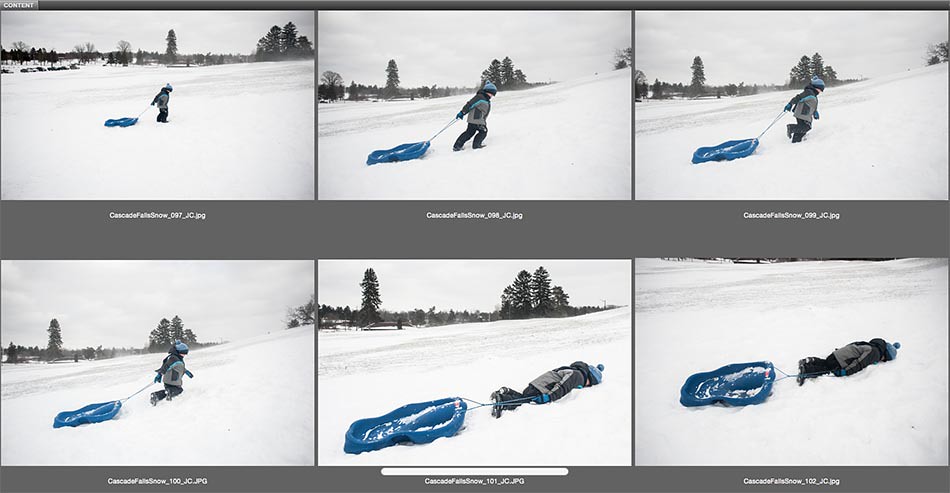
Off to the right of the frame was his babysitter who was yelling “C’mon Daniel stop being so dramatic”. He stayed there for a while and for a second I thought he was honestly passed out or something, but as I looked at him and back at his babysitter, she didn’t seem concerned so I wasn’t either. As he fell I remember thinking “Oh my god, Oh my god, this is so great”, because he pretty much embodied what every kid that day felt after climbing and climbing for hours. I knew as I took it it was the shot of the day.
TID:
In conclusion, what advice would you have for photographers as they explore a community/be ready for that fleeting and beautiful moment such as this!
JESSICA:
I guess I’d just say do your best to fall in love with a place and learn everything you can about it through your lens. Listen to everyone, because everyone has a story to tell and you have a unique tool that can change how people think. Remember to slow down and know when to put your camera away and just listen and observe and be present. If you’re ever frustrated by an assignment, take a second to realize you have the unique privilege to do what you love and channel your energy into making something as simple as a weather feature into something extraordinary.

:::BIO:::
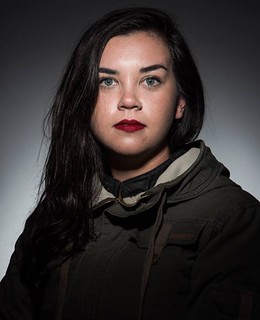
Jessica Christian is a staff photographer and photo editor for the San Francisco Examiner. She is a Bay Area native and San Francisco State University alumni whose current work focuses on daily news and events from protests to breaking news and long-term feature stories within San Francisco and the Bay Area.
You can see more of her work here:
Twitter: @jachristian / www.twitter.com/jachristian
Instagram: @jachristian / www.instagram.com/jachristian
Website: www.jessicachristianphoto.com